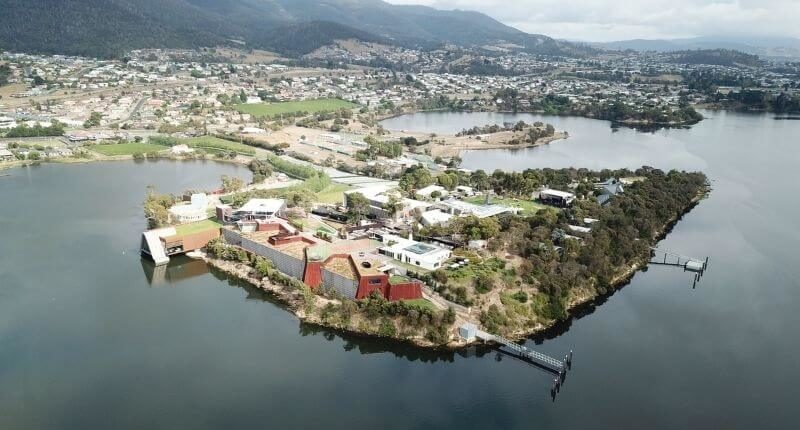- $10M scheme to incentivise land-owners
- Finance Minister says up to 60,000 residential lots could be delivered from 5,000 hectares
- University of Tasmania Professor says the announcement doesn't resolve Tasmania's housing shortage
The Tasmanian Government has announced a $10 million scheme which it says will incentivise land-owners to activate land for new residential subdivisions.
However, it has been criticised as a poor use of taxpayer dollars.
The Headworks Holiday program will include up to $5000 per residential lot for power and also an additional $5,000 for water and sewage infrastructure.
Michael Ferguson, the Minister for Finance, said that across Tasmania there are around 5,000 hectares of privately-owned vacant residential zoned land.
He says, if activated, around 60,000 residential lots could be delivered.
“This measure will create jobs by bringing forward hundreds of millions in investment, with the added benefit of giving more Tasmanians access to affordable homes, right around the State.”
Michael Ferguson, Minister for Finance
The news comes after the Tasmanian Government announced changes to land-tax arrangements last week.
In addition, over 2,600 HomeBuilder applications have been delivered with a further 1,763 conditionally approved.
Roger Jaensch, Minister for Housing, added that the number of houses being built in Tasmania is at some of the highest levels seen in recent times but concedes more needs to be done.
“These important measures will further add to Tasmania’s housing stock, delivering more homes for Tasmanians in need, along with helping more people into the dream of home ownership,”
“To make it faster and simpler to build in-fill medium-density housing, we will finalise an Apartment Code this year to make it easier, faster and simpler for developers and landowners to meet the growing demand for inner urban apartment living.”
Roger Jaensch, Minister for Housing
Poor use of taxpayer money
However, not everyone is pleased with the announcement.
Sociology Professor Keith Jacobs, who is currently the Director of the Housing and Community Research Unit at the University of Tasmania, told The Property Tribune that the giving of handouts to developers is a poor use of taxpayer funds.
“Sadly, the government takes too much notice of the private developers and real estate agencies, all of whom have a vested interested for maintaining a housing shortage. Their business model requires a shortage of housing to increase profits.”
Professor Keith Jacobs, University of Tasmania
Professor Jacobs added that the waiting list for public housing is about 3,600 whilst the private rental market continues to see significant rent increases amid a significant shortage.
Total number of Public Sector dwelling units approved, Tasmania, 2011-2020

Data from the Australian Bureau of Statistics (ABS) shows a low number of public dwellings approved, although there was an increase recorded in the latter part of the last decade.
Nevertheless, Professor Jacobs says the level of public housing is inadequate.
“The Tasmanian Government’s policy on housing affordability is strong on publicity but not adequate to address the shortfall of public housing.”








